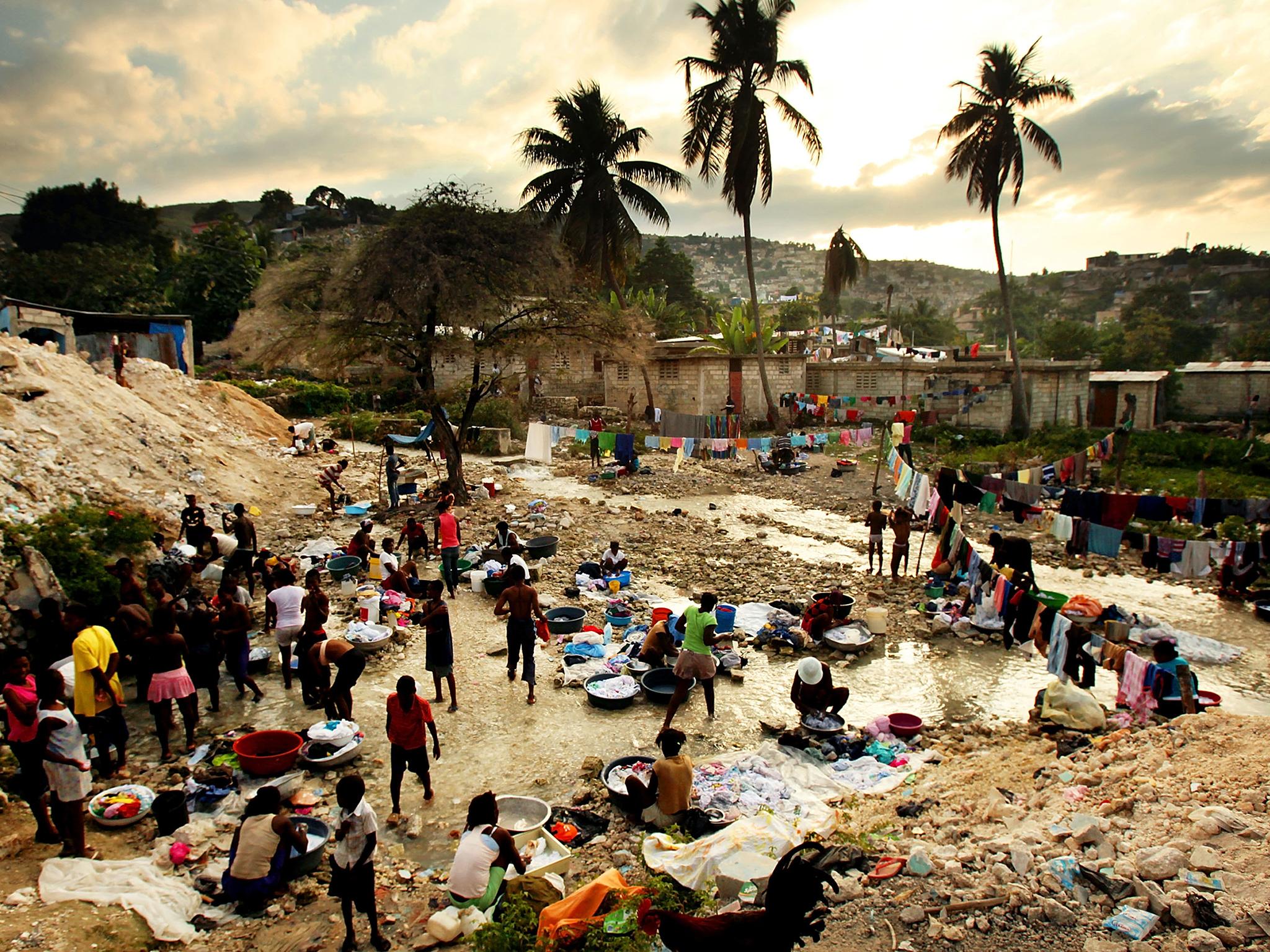After the Haiti scandal, Oxfam must be held to a higher moral standard
Oxfam will be able to maintain its reputation only if it adopts a policy of complete openness and a determination to put right its mistakes

Your support helps us to tell the story
From reproductive rights to climate change to Big Tech, The Independent is on the ground when the story is developing. Whether it's investigating the financials of Elon Musk's pro-Trump PAC or producing our latest documentary, 'The A Word', which shines a light on the American women fighting for reproductive rights, we know how important it is to parse out the facts from the messaging.
At such a critical moment in US history, we need reporters on the ground. Your donation allows us to keep sending journalists to speak to both sides of the story.
The Independent is trusted by Americans across the entire political spectrum. And unlike many other quality news outlets, we choose not to lock Americans out of our reporting and analysis with paywalls. We believe quality journalism should be available to everyone, paid for by those who can afford it.
Your support makes all the difference.The scandal of Oxfam staff using sex workers in Haiti is an urgent prompt to reset our assumptions about both charities and international aid. For many a liberal reader of The Independent, the default setting is that a charity worker is morally upstanding and that international aid is self-evidently a good thing.
It is time to test these assumptions more rigorously. For too long, doing something “for charity” has been a way of muffling potential criticism. The Presidents Club dinners exposed by the Financial Times last month, used as an excuse for rich men to sexually harass young women, carried on for years because they raised money for “good causes”.
Oxfam is obviously acutely aware that its ability to raise money depends on a bond of trust, a bond underpinned by the assumption that its staff are guided by altruism. If Oxfam sought to cover up the behaviour of some of its workers in Haiti, we can understand that this might have been a misguided attempt to preserve the organisation’s reputation. If so, it was a disastrous misjudgement.
Oxfam will be able to maintain its reputation only if it adopts a policy of complete openness and a determination to put right its mistakes. As we report today, the UK Government is reviewing its contracts with the charity, worth £32m last year. This is right, but the contracts should not be continued until Oxfam has shown that it holds itself to a higher standard than normal commercial contractors.
This is the crux of the matter. Where charities might have been given the benefit of the doubt in the past it is vital that they should now be held to a higher standard than everyone else. As Andrew MacLeod, a former aid worker and United Nations official, writes for The Independent today, all organisations working in disaster, conflict and extreme poverty areas ought to be under a “higher than normal obligation” to guard against exploitative behaviour.
Mr MacLeod has done good work to warn the world that sexual exploitation, including of children, is a bigger problem in aid and UN peacekeeping operations than governments, non-governmental organisations and the UN itself have been prepared to accept.
The Independent believes that most charities are engaged in noble endeavours, and that the UK Government is right to set a target of spending 0.7 per cent of national income on aid. But that means that charities must be judged by a more demanding standard than anyone else, not given a free pass, and that the international aid budget must be scrutinised more closely than other public spending.
Join our commenting forum
Join thought-provoking conversations, follow other Independent readers and see their replies
Comments